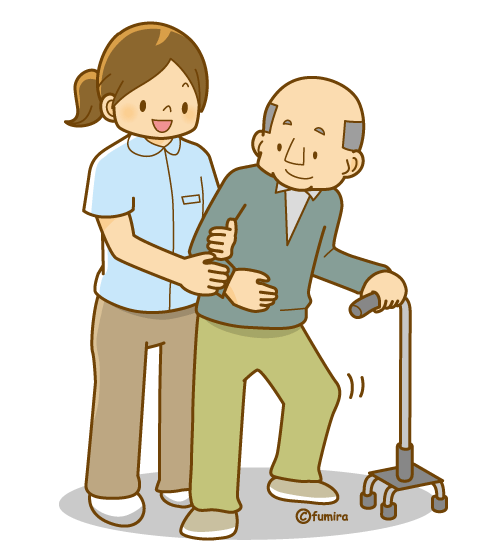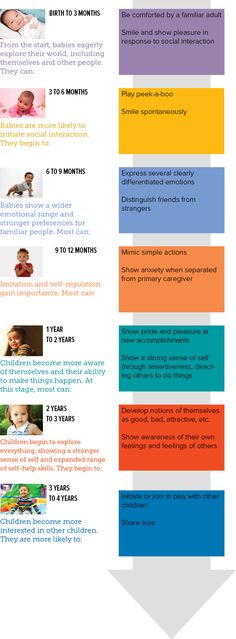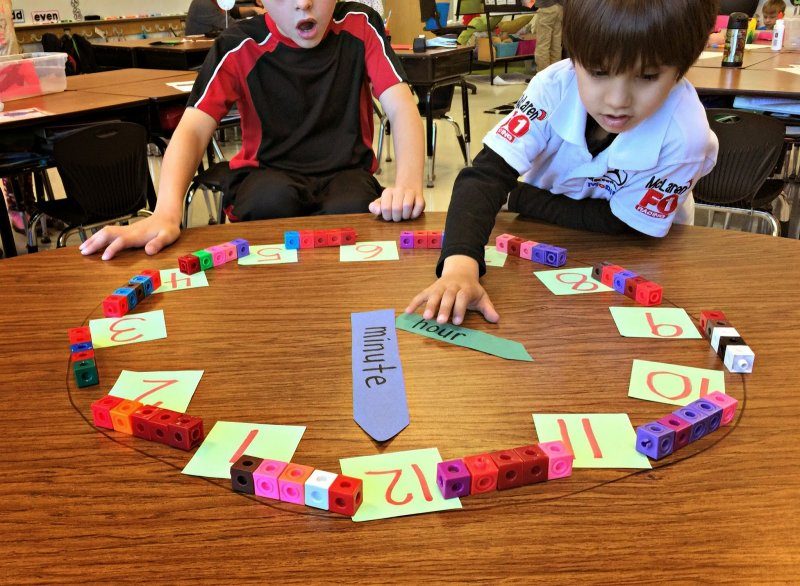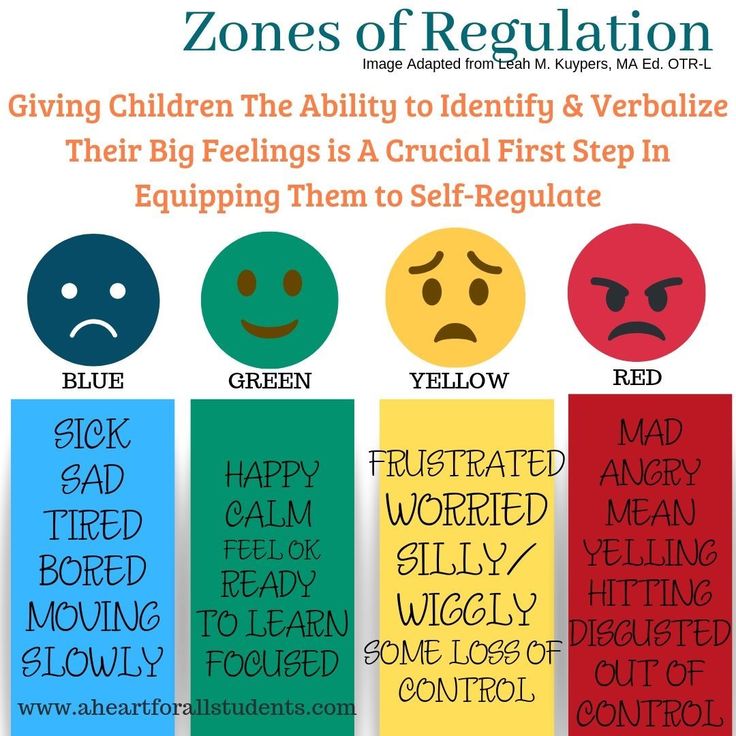Help shy child
Is Your Child Struggling to Form Connections? Here Are Some Tips to Help Them
Written by Lilianna Hogan
It's completely natural for a child to feel shy. It's not uncommon for children to feel as though they are on display, to shy away from meeting new people, or to feel more comfortable watching from the sidelines rather than be in the middle of the action. However, there are ways you can support your child and help with their anxiety.
What Does Shyness Look Like in Children?
It's common for children to feel nervous in new situations or around new people. Unfortunately, our society often praises more outgoing personalities over introverted ones, and this can put pressure on children as they go through natural stages of development. In more naturally introverted children, this can cause feelings of self-consciousness.
Despite all this, shyness can be associated with the following benefits for children:
- Achieving academic excellence
- Listening and better following rules
- Being a great listener
Some signs that your child’s shyness might be severely impacting them and that they may need help coping with it include:
- Decreased social skills or involvement in socialization
- Fewer friends
- Less participation in enriching activities such as sports, dance, drama, or music
- Feelings of isolation, loneliness, unimportance, and self-consciousness
- Unnecessary stress over the opinions of others leading to a lessened ability for your child to reach their full potential
- Extreme anxiety
- Physical affectations like blushing, stammering, and trembling
Causes of Shyness
While each case is unique, some possible causes of your child’s shyness could be:
- Genetics.
Certain genes can affect a child's disposition and personality.
- Personality. Some people are naturally more sensitive and prone to intimidation from external circumstances than others. This could be true of your child.
- Learned behavior. Children often learn how to behave by watching their parents. If you are shy, you might be teaching your child to be shy.
- Family relationships. Sometimes, children who do not feel secure in their family or with the adults in their life become shy. Parents who are overbearing or overprotective can also instill shyness or fear in their children.
- Lack of social interaction. Children who are deprived of human interaction in the crucial first few years of their development may be shy.
- Intense criticism. Children who are teased, bullied, or otherwise criticized by important figures like parents, teachers, or friends tend to be shy.
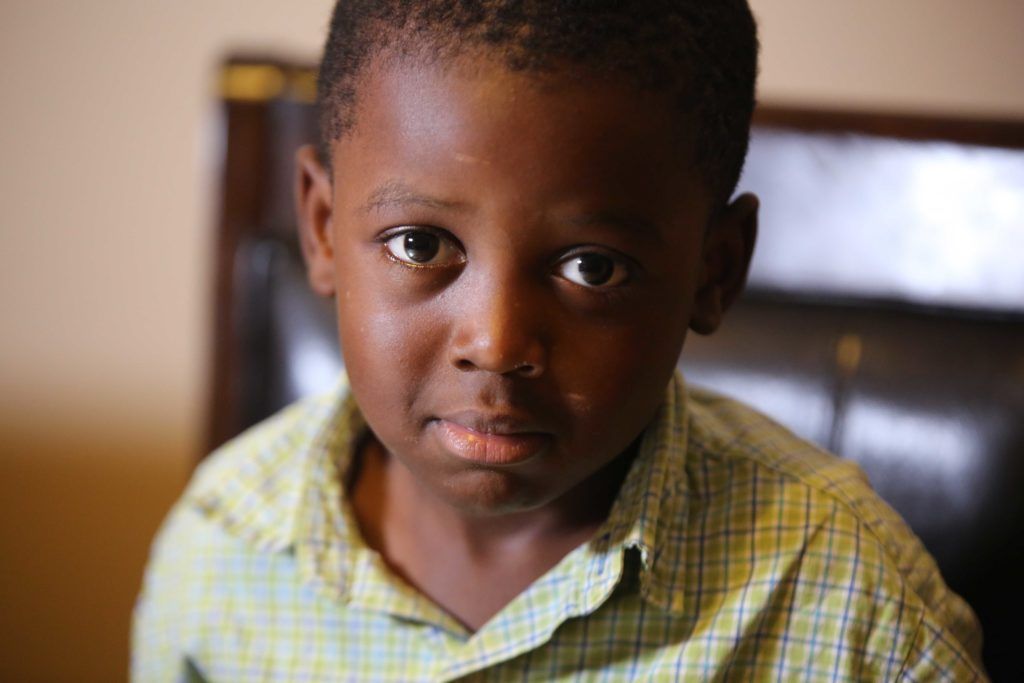
- Fear of failure. Children who feel like they've failed or who have been continuously pushed beyond their limits can present as shy.
How to Help Your Child with Their Shyness
While shyness is a natural stage in development that your child will most likely grow out of, there are ways you can support them. Some things you can do to help them include:
- Never label your child as shy. If your child knows they're shy, they may start to criticize themselves when they exhibit shy behavior. The idea that shyness is bad or that it means there's something wrong with your child will only make them feel shyer.
- Accept your child. Never make fun of your child for being shy. Instead, make an effort to let them know you accept and love them as they are.
- Try to understand. Ask your child about their shyness. Try to understand their fears or hesitations about showing the world who they are.

- Let your child know you relate to them. Tell your child about times that you felt shy. Talk to them about how you felt better. Children look up to their parents, and knowing that you overcame your anxiety will give them an immense sense of strength and empowerment.
- Model confident behavior. There is no better way for your child to learn how to act than by watching you model it.
- Talk about the benefits of being outgoing. Share stories of how being outgoing has helped you in your life. Talk about behaviors you would like your child to adopt. Praise your child when they model these behaviors.
- Goal set. Set benchmarks for your child to hit to make them more comfortable socializing. Be sure to make the goals small and achievable. They could be as small as saying hello to one person each day.
- Expose your child to new things. Try to show your child new things and expose them to new experiences.
 Be supportive if they exhibit more extroverted characteristics over time.
Be supportive if they exhibit more extroverted characteristics over time. - Make sure your child can do things they're good at. If your child can engage with activities they love and are good at, they can derive a great sense of purpose and confidence. Praise them when they are good at something and provide them with opportunities to do those things. By participating in activities they enjoy, they might even have an easier time connecting with children with similar interests.
Helping Shy Kids Reach Their Full Potential
Every time family or friends are over for dinner, your 5-year-old won’t even say “hi.” He hides behind your leg, refusing eye contact instead.
It’s been three weeks since school started, and your daughter still hasn’t spoken to anyone. Her teacher asks, in all seriousness, if she’s mute.
Many parents feel at a loss with their child’s timidness. They think they need to defend or excuse their child’s hesitation to acknowledge others, speak up, and participate.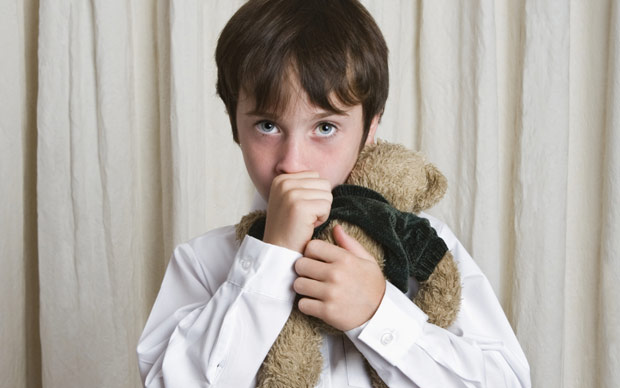
Parents also fear shyness will be received as rude or inept.
They even worry their child’s bashfulness will lead to missed opportunities and a lusterless life.
Of course, children have different temperaments. Some are less outgoing than others. Their shyness may be ongoing, temporary, or situation-dependent.
Shyness itself isn’t a one-size-fits-all term. Children’s social reservations stem from a variety of causes. These tendencies may be normal and harmless. Others may require professional intervention (5 Key Signs Your Shy Child Might Need Help).
Insider Tip: An amazing way to build kids’ confidence is through Encouragement. Use our FREE list of encouraging words and phrases as a starting point.
Here at Positive Parenting Solutions, we know the importance of not labeling kids or pigeonholing them into a particular bucket.
When we use the term “shy” in this article, it’s a loose definition of a child’s more bashful actions. It’s not a label, diagnosis, or judgment, because social reluctance can be complex.
What isn’t complex is that it’s just one small facet of the human being you love and cherish.
Timidity can actually be a sign of thoughtfulness and other exceptional traits. But emboldening kids to speak up and engage is important, too.
Maybe your butterfly just needs a little more time in the cocoon. But you know that inside, there are truly magnificent wings.
If you have a kid who tends towards shyness, you can embrace and gently challenge that reticence. It’s a balance that nurtures natural tendencies while still helping your child learn and grow.
Here are six strategies to help shy kids bloom–in their way and in their time:
1. Trade the ‘Shy’ Label for Encouragement
Labels are an easy way to categorize a person or a personality trait.
The problem is, they can be dismissive, oversimplified, and downright incorrect.
For example, being shy is not necessarily the same thing as having stage fright, introversion, or social anxiety. It can be confusing and harmful for a child when we unintentionally lump these distinctions into one.
It can be confusing and harmful for a child when we unintentionally lump these distinctions into one.
Verbally labeling children as “shy” might lead them to believe there’s something wrong with them. Why else would he mention that, unless it’s bad? When labeled in front of siblings, it can even enhance sibling rivalry and competition.
The idea can become deeply implanted. Kids may start to believe their shyness defines them.
Even our positive labels are problematic: She keeps telling me I’m pretty. Beauty must be really important.
Instead of labeling personality traits or behavior–whether positive or negative–we can encourage our children’s positive actions.
For a 4-year-old refusing to speak at his well-check exam, you may be inclined to tell the doctor he’s shy. Instead, you can encourage your child when you notice positive behavior:
“I appreciate that you’re cooperating with the doctor when she asks you to breathe deeply for her stethoscope. That’s really helpful!”
That’s really helpful!”
The doctor will likely notice your cues and help encourage your son’s helpful actions, too. Despite his silence, there is no need for labels!
To the 12-year-old too reluctant to strike up a conversation with her new basketball teammates, withhold saying, “It’s hard being shy,” or “I know you’re shy, but you’ve got this!”
Instead, you can say:
“I know it can be hard meeting new people. Especially if you’re worried they won’t be very receptive. But I’ve noticed you’re a good team player and doing lots of passing on the court!”
Even when the bad outweighs the good, we can encourage a silver lining.
When kids feel positive, they begin to gain confidence. And confident kids are more likely to emerge, at least partly, from their protective shells.
2. Help Shy Kids by Practicing Social Skills Together
Not all kids are born bounding around the playground making friends with everyone they meet.
Some enjoy playing alone. Others want to make friends but don’t know where to start.
All children, whether they’re withdrawn or more gregarious, benefit from rehearsing their skills in hypothetical social settings.
One excellent way to practice is to Take Time for Training:
Take Time for Training
Like learning to brush their teeth or ride a bike, kids can practice social interaction with us at home.
It can start with the Ps and Qs of manners. Then, we can go far beyond these important pleasantries.
When we take time to train our kids on social behaviors, we start by modeling those actions ourselves. Next, we let them practice that etiquette at home or in other safe surroundings.
It could be pretending to strike a dialogue or introduce themselves to new people. For outgoing kids, it could be training them to take turns speaking, listen intently, and to recognize personal boundaries.
The gist is, we can’t assume socializing is innate knowledge. Kids often need a crash course.
Kids often need a crash course.
Two-Way Role Play
Training isn’t just going through basic vocabulary and motions. You can really have fun with it when you use Two-Way Role Play.
This, like Take Time for Training, is a tool we use in our Positive Parenting Solutions course.
Not only is it more fun and engaging for kids when we role-play scenarios–it solidifies the lessons we’re trying to convey.
Your child can begin with his usual role–maybe the socially timid kid at Cub Scouts–while you play a fellow cub. In this scenario, the imaginary den leader has just asked the scouts to pick partners for a team-building activity.
Walk up to your son (you’re playing an equally shy “kid” or a more outgoing one) and say, “Would you like to be my partner?” Or, “I’m available if you still need to pair up.”
Now, switch roles! Your son can ask you to partner up. You can say “yes” or even say “no, I don’t want to partner with you,” to let him practice his response to rejection.
That could be walking up to the den leader (your next starring role) and quietly saying, “I’m still looking for a partner. Can you help?” Then, your son can play the den leader while you, the scout, ask for partnering assistance.
Kids love to pretend, and any skit you enact together is a dress rehearsal for life.
And anything that’s been rehearsed well has a better chance of succeeding.
3. Avoid Shoving Shy Kids Into the Limelight
Training eases kids into real-world challenges. But they’re likely not ready for an immediate onslaught.
While we ideally want to expose our kids to as many new experiences as possible, we don’t want to pressure them to overly participate or perform.
Maybe you convinced your wallflower to attend the Homecoming dance with a friend. The thought of her missing such an iconic event broke your heart. But when her stag date ditches her at the last minute, she begs you not to make her go. She doesn’t want to be there without her good friend; she says she’d feel embarrassed.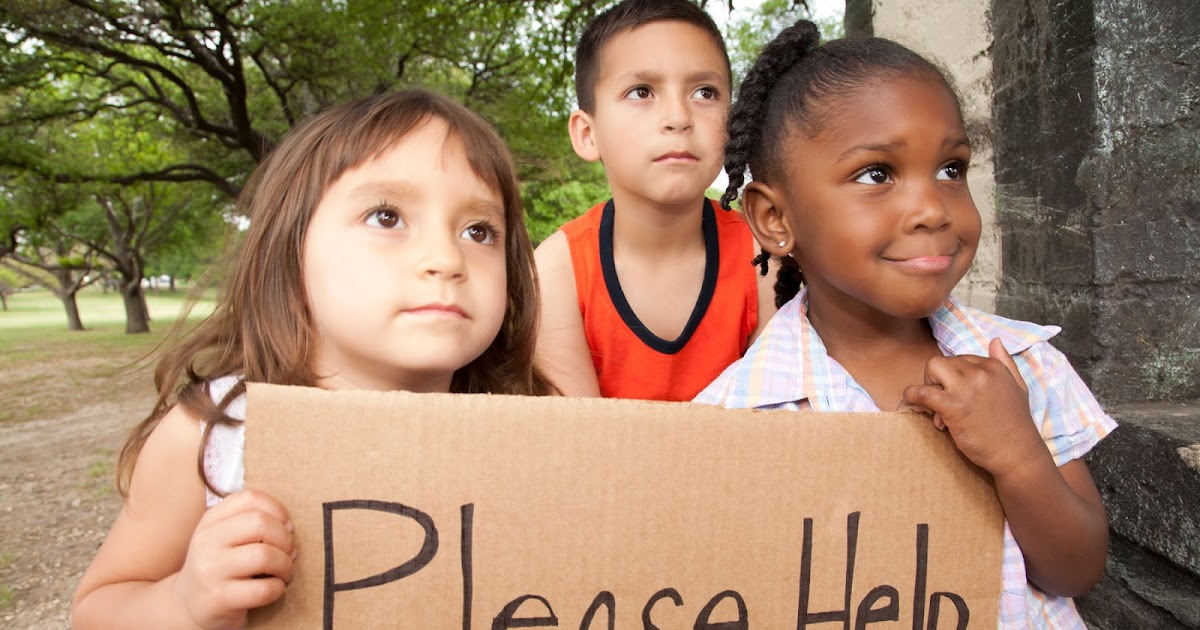
You already bought the tickets and the dress. You know she could still have fun with a more adventurous attitude. (Clearly, you have FOMO on her behalf.)
But going could also leave her traumatized.
Sometimes kids do need a little boost. But other times, we need to take a moment and listen to their concerns. Pressuring them into a trial by fire may not help them through their shy feelings–it could force them to dig deeper.
Instead, you could encourage your daughter to take a smaller baby step, like going to the pre-dance dinner with everyone. It’s still a way of putting herself out there, without as much pressure. This is a great technique that Renee Jain mentions in her program for anxious kids, Go Zen!
Or, maybe your reserved 6-year-old has been taking piano lessons for two years and loves it. But, when her teacher suggests she participate in an upcoming piano recital, the idea terrifies her.
You can say, “I think everyone would love to hear you play, and you should be proud of all the practice you’ve put into the piano.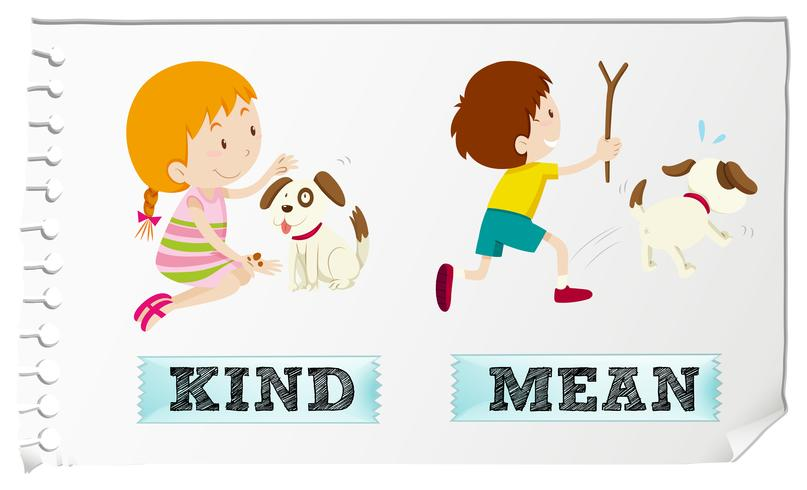 But, if you really don’t want to perform, that’s okay.”
But, if you really don’t want to perform, that’s okay.”
Then, you can not only encourage her to try again next time, but you can recommend she take the small first step of attending–this go around–as an audience member. She can still cheer on the other friends’ performances and support her instructor.
But you don’t have to force her to directly participate. (As much as it would fill your heart to see her on that stage.)
Pro Tip: When it comes to school, parties, or any group activity, it helps timid kids to arrive early. This keeps the spotlight off them and allows time to settle and adjust.
4. Trust in Your Shy Child’s Strengths
We don’t want to force reluctant kids into the limelight. It can backfire.
But, we do want to set shy kids up for success. This includes having faith in their abilities.
When your 4-year-old refuses to answer a fawning passerby saying, “You’re so cute, how old are you,” you once again feel embarrassed. The urge to say, “Sorry, my kid is shy,” creeps up.
The urge to say, “Sorry, my kid is shy,” creeps up.
But here’s the thing. As hard as it may be, there is no need to coax or answer on her behalf. Simply wait in silence and give your daughter a chance to think of her own response.
Giving her this opportunity to struggle a bit–in a safe, non-traumatic scenario–reinforces that you have faith she will speak up. It also gives her practice responding. And, the more opportunities she has to speak for herself, the easier it will be for her in the future.
If she still doesn’t speak after a generous while–and you feel the need to keep appearances–you can change the subject with the nice passerby.
You can say, “Thank you. Beautiful weather today, isn’t it?”
There’s no need to excuse your daughter’s silence or chastise her for not responding, especially in front of the stranger. You can just model your own response and leave it at that.
Maybe, she’ll be ready to answer next time.
5. Raise Shy Kids to be Confident
When we trust in our kids, we are telling them we believe in them.
This is the beginning of convincing them it’s worth believing in themselves.
It starts by not labeling them as “shy.” Even if they are sometimes shy.
Then, it means granting them choices, like in a Decision-Rich Environment. Providing age-appropriate choices throughout the day allows kids the freedom to make mistakes, learn from them, and move on–possibly leading to a different decision next time with better results.
Pro Tip: For Positive Parenting Solutions Members, review our Decision-Rich Environment tool in Step 3, Lesson 21 of the 7-Step Parenting Success System® course.
With some success at managing life’s little challenges under their belts, kids realize they can rely on themselves to work through bigger hurdles like social awkwardness and occasional shyness and will be well on their way towards satisfaction and independence.
Even if kids are never fully confident in social situations, they can be self-assured in other areas of life.
Encouraging them to help around the house, do homework on their own, and dedicate themselves to their passions and strengths are all great ways to build confidence, make them comfortable in their own skin, and enable them to contribute to the greater good in ways other than making great conversation.
6. Establish Routine Family Meetings
Don’t let the word “meeting” deter you! This isn’t all business. Family Meetings can be beneficial and enjoyable!
Family Meetings offer kids the chance to voice their concerns–whether it’s wanting a break from martial arts lessons or frustration with a sibling who’s grabbing toys. They can also bring solutions to the table.
Through Family Meetings, children learn their value within the family and as individuals. They understand that their opinion matters. And, they learn that communication is an integral part of problem-solving and healthy dynamics.
It’s also fun to rotate meeting leaders each week! With a little guidance, kids as young as four can take turns keeping the meeting organized and on task. It’s a great way to practice leadership and communication skills!
Especially when held routinely (ideally, once a week), Family Meetings add rungs to the ladder of confidence and allow shy children to shine.
Speaking to well-known family members around the dining room may not be identical to working with classmates in an assigned group project or making new friends. But, like training, it’s one step closer.
Final Thoughts
Your child is on a personal social journey.
It may not look like your friend’s kid, who spoke to anyone who would listen at age two.
It probably won’t look like your teenage niece, who craves attention and has a bazillion friends.
Your child’s journey may not even be remotely similar to yours.
But with these six strategies–along with your love and patience–your child is right where he should be.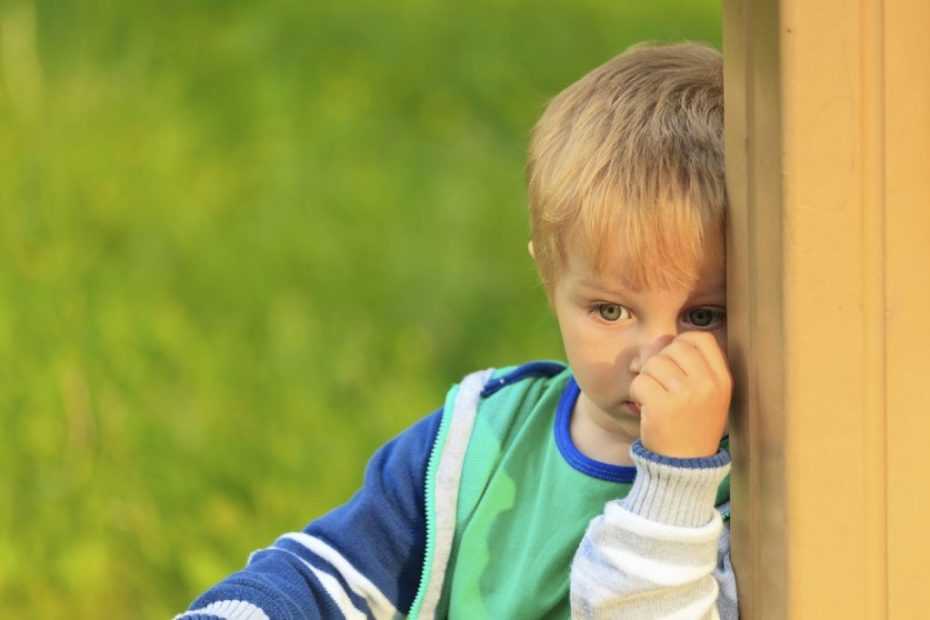
Don’t sell his potential short.
What You Should Do Next:
1. Subscribe to my Newsletter:
Sign up for my newsletter for parenting tips to help you create a happier home and become the parent you always wanted to be. Plus, when you subscribe, I'll also send you a copy of our strategy-packed guide 10 Tips for Better Behavior – Starting NOW!
2. Register for my FREE 60-Minute Class:
Register for my free class called How to Get Kids to Listen, Without Nagging, Yelling or Losing Control. Classes run several times per week but I recommend you register early, as spaces are limited.
3. Enroll in my
7-Step Parenting Success System® CourseEnroll now in my proven 7-step system for busy parents ready for change (it's rated 5 stars on Google). Plus, for a limited time, save 10% plus get a FREE upgrade on all plans—completely risk-free and with lifetime access.
About the Author
Nationally recognized parenting expert Amy McCready is the Founder of Positive Parenting Solutions® and the best-selling author of The “Me, Me, Me” Epidemic - A Step-by-Step Guide to Raising Capable, Grateful Kids in an Over-Entitled World and If I Have to Tell You One More Time…The Revolutionary Program That Gets Your Kids to Listen Without Nagging, Reminding or Yelling. As a “recovering yeller” and a Certified Positive Discipline Instructor, Amy is a champion of positive parenting techniques for happier families and well-behaved kids. Amy is a TODAY Show contributor and has been featured on The Doctors, CBS This Morning, CNN, Fox & Friends, MSNBC, Rachael Ray, Steve Harvey & others. In her most important role, she is the proud mom of two amazing young men.
As a “recovering yeller” and a Certified Positive Discipline Instructor, Amy is a champion of positive parenting techniques for happier families and well-behaved kids. Amy is a TODAY Show contributor and has been featured on The Doctors, CBS This Morning, CNN, Fox & Friends, MSNBC, Rachael Ray, Steve Harvey & others. In her most important role, she is the proud mom of two amazing young men.
How to overcome a child's shyness and insecurity
Shy children are similar to each other - they are indecisive, insecure, have difficulties in learning and communication. How often does it happen that, knowing the correct answer to a question, the child is perplexedly silent, and when he goes to the blackboard, he is covered with red spots and experiences panic fear. The situation escalates in the senior school age, when a teenager has to choose a profession and form a successful career. To prevent children's indecision from becoming a serious psychological problem, it is very important to know how to help a child overcome shyness.
Causes of shyness in children
Of paramount importance in overcoming child shyness is the determination of its root cause and provoking factors. Possible reasons include:
- difficult family relationships;
- fear of failure;
- psychological trauma;
- personal characteristics of character;
- Borrowed behavior.
Only an experienced psychologist can determine the real cause of the problem. If your child experiences anxiety and difficulties in communication, difficulties in adapting to school and kindergarten, you can get professional psychological advice at the Rostum Academy educational center. Qualified specialists will help you build harmonious relationships in the family and tell you how to overcome the shyness and insecurity of the child .
How to save a child from shyness: advice for parents
The main task of parents who are faced with the problem of child shyness is to help the student become self-confident, raise his self-esteem and develop a positive self-perception.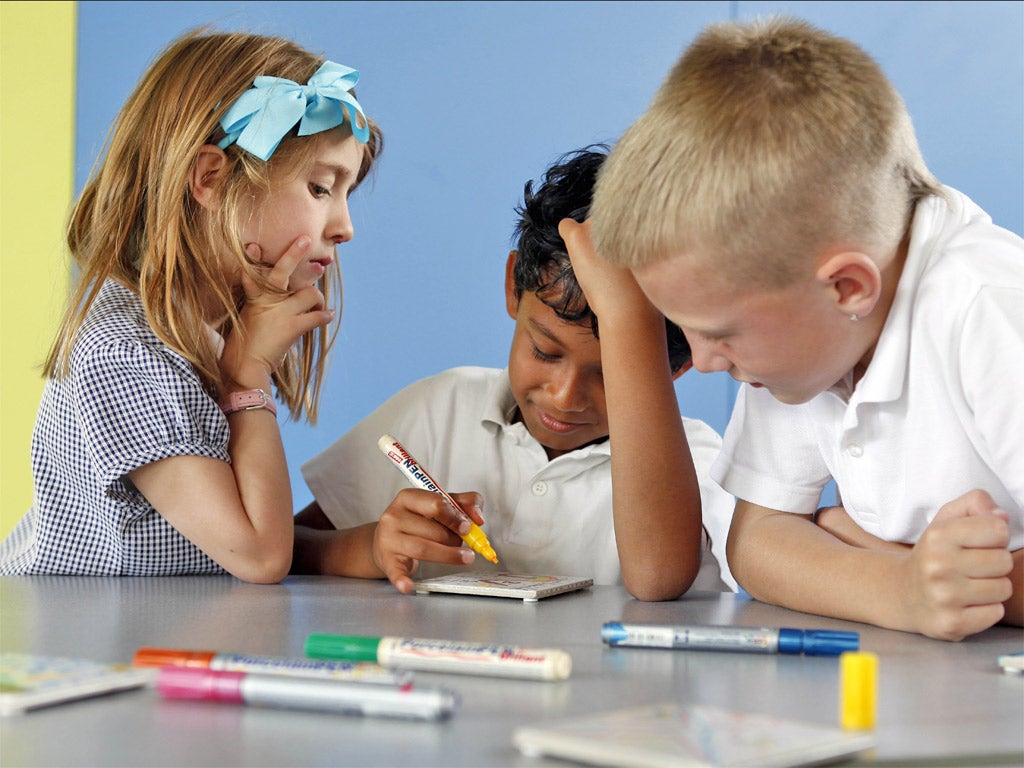 What can parents do in such a situation?
What can parents do in such a situation?
- Encourage communication and don't scold shyness. Praise the child in those situations when he was able to master himself in an unfamiliar environment or met a new friend. Encourage him to talk more. And never scold for fear.
- Consciously create new situations. Invite guests to your home more often, encourage your child to participate in contests and competitions, enroll him in the sports section.
- Never single out shyness as a negative trait. On the contrary, in communicating with other people, try to emphasize the delicacy, restraint of your own child.
- Give the children a pet (such as a dog). Daily walks with a four-legged friend will expand the horizons of your children and contribute to new acquaintances.
These recommendations will be especially effective for children of primary school age. However, in the case of adolescent shyness, a different approach is required. At the age of 13–15, each person undergoes a reassessment of internal values. And it often happens that many teenagers negatively evaluate their own "I", considering themselves uninteresting and insignificant to others. In this situation, it is very important for parents to support the child and show the value of his opinion.
And it often happens that many teenagers negatively evaluate their own "I", considering themselves uninteresting and insignificant to others. In this situation, it is very important for parents to support the child and show the value of his opinion.
Games and exercises to overcome childhood shyness
There are many games and exercises that can help your child get rid of shyness.
- Exercise "If only I were bolder" - take turns with the child to make arguments in favor of courage and self-confidence by modeling various situations. Depending on the simulated situations, the exercise can be used both for younger students and for teenagers.
- Game "Live illustration" (for children 5-12 years old) - the parent reads out a poem (story, fairy tale), inviting the child to illustrate the heard emotions with facial expressions and gestures. Agnia Barto's poems, filled with childhood experiences and subtle humor, are best suited for such a game.

- Exercise “Who has more reasons” (5–12 years old) — participants in the game choose a statement (for example, “reading is useful because ...”) and take turns giving arguments for its correctness. It is best to choose life situations for such an exercise and play together.
When do you need professional help?
If a student cannot get rid of shyness on his own, and it becomes especially debilitating, it is necessary to seek professional help. Psychological consultations, relaxation programs, stress management and trainings on the topic "How to overcome a child's shyness" will be useful for shy children.
Special training "I'm sure" was also developed by the Rostum Academy. It is conducted using effective methods (testing, role-playing, group discussions) and is focused on overcoming various manifestations of insecurity, shyness and shyness. Also, the Rostum Academy offers courses to prepare children for school and has developed a number of useful training programs for young pupils.
Now you know how to overcome your child's shyness, and you can develop a strategy for developing communication skills and overcoming his self-doubt. As soon as your child gets rid of painful shyness, a whole world of bright colors and impressions will open up for him, he will study better, and in the future he will become a successful person! Believe in him and help you become more confident and brave.
How parents can help a shy child
Our 11 year old son is very shy. Every time we introduce him to new people, he only barely acknowledges the fact of their existence and feels very uncomfortable. If a child tries to strike up a simple conversation with him, he becomes almost dumb. How can we help him feel more confident around people, especially peers?
Briefly: one of the main reasons for shyness in children is that they are called shy. Never let anyone call a child shy - not a teacher, not friends, not relatives, not brothers and sisters, not strangers.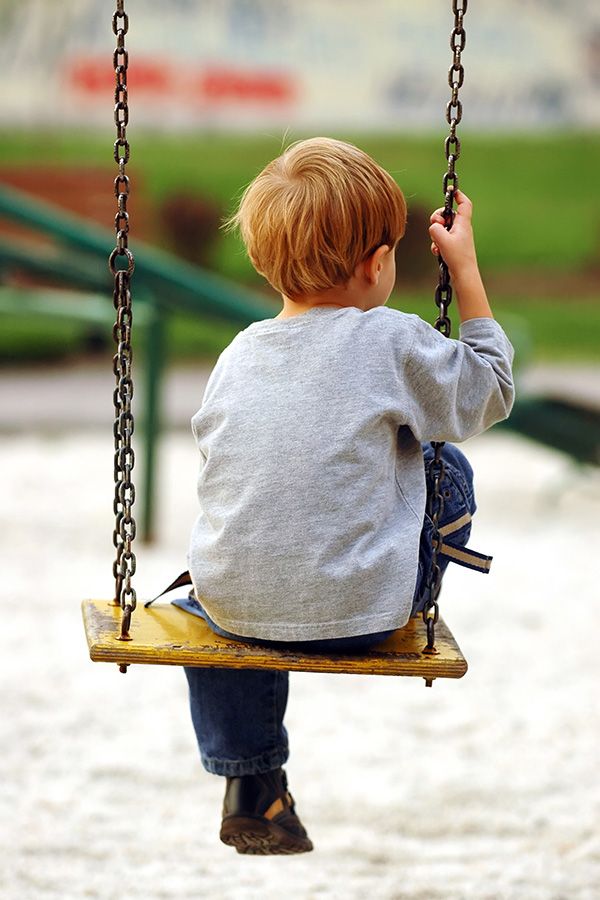
Timid and shy children do not feel the fullness of life. They limit their experience without exposing themselves to the inevitable social risks, and as a result, they do not feel confident in various situations. The inability to enter the company and make new friends will haunt them all their lives. And finally, there will be the pain of social rejection. Fortunately, we can help children feel more confident in a group by teaching them social skills.
Five tips to help children overcome shyness
Use the following five tips to help your child become confident in a social environment.
- Encourage eye contact. When talking to a child, repeat: "Look at me", "Look into my eyes" or "I want to see your eyes". As a result of consciously reinforcing this skill and regularly building appropriate behaviors, your child will soon begin to look into the eyes of the interlocutor. If the child is uncomfortable doing this, advise him to look at the bridge of the nose of the person talking to him.
 After some training, he will no longer need this technique, and he will more confidently look into the eyes of the interlocutor.
After some training, he will no longer need this technique, and he will more confidently look into the eyes of the interlocutor. - Teach your child how to start and end a conversation. Together with your child, make a list of phrases that are easy to start a conversation with different groups of people, for example, what he could say to a friend; an adult with whom he had not met before; a friend whom he had not seen for some time; a new student in the class; child with whom he would like to play on the playground. Then, changing roles, rehearse the conversation until the child becomes free and independently use these phrases. Hint: Practicing speaking skills over the phone with a friendly person isn't as scary for shy kids as talking face-to-face.
- Practice behavior in various social situations. Prepare your child for the upcoming event - talk about the upcoming meeting of guests and preparation for the holiday. Then help him practice how to greet guests, how to behave at the table, what to talk about, and even how to say goodbye elegantly.
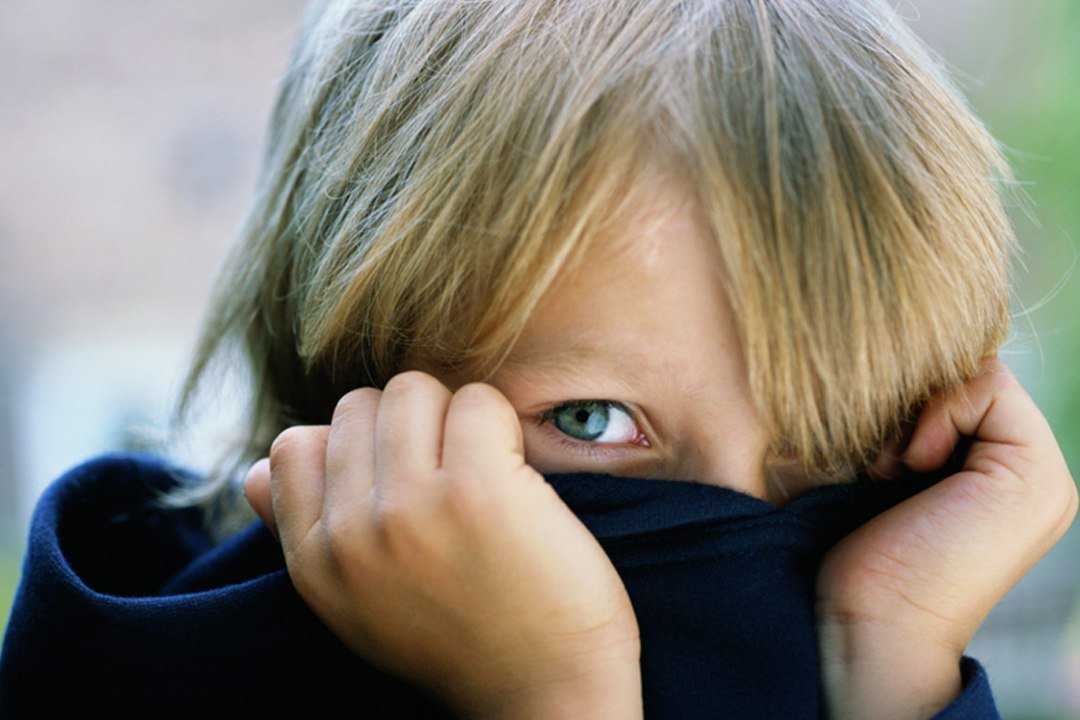
- Training of communication skills with younger children. Phillip Zimbardo, renowned shyness expert and co-author of The Shy Child, recommends taking older shy children with younger ones—a sibling, cousin, neighbor's child, or your friends' child—for short play sessions. Working as a babysitter is a great opportunity for shy teenagers not only to earn money, but also to practice social skills: start a conversation, make eye contact - in what a child is embarrassed to do with his peers.
- Create conditions for couples to play. Fred Frankel, psychologist and developer of the world-famous UCLA Social Skills Training Program, believes that pair play meetings are the best way to develop social confidence. In this case, your child invites one of their buddies to hang out with them for a couple of hours to get to know each other better and practice their friendship skills. Offer the children a light snack and try to keep interference to a minimum; the presence of brothers and sisters should be excluded, the TV should not be included in the list of games.
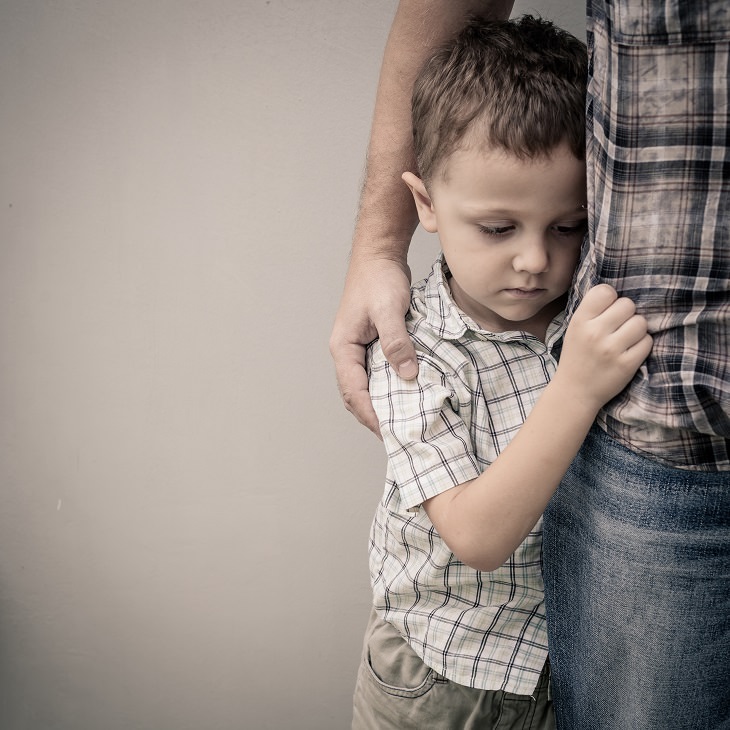
Note: F. Zimbardo believes that two out of five people consider themselves shy. Maybe you yourself created a problem for your child?
Stepwise Behavior Change Plan
Begin by thinking about your own temperament. Do you consider yourself shy? Did you think so when you were growing up? Have you been called shy? Were your brothers, sisters, relatives or parents shy? Have any of them been called shy? Are there any specific situations in which you feel uncomfortable? What helps you feel more confident in group activities?
Now is the time to take action to change your child's behavior.
1. Analyze your parental expectations. Do your child's abilities, strengths and mood match your expectations? Or maybe the discrepancy between your expectations just contributes to the development of self-doubt in the child? Below are a few parenting patterns that should be seriously considered. Maybe you should change something in your behavior?
- Did you force a child to perform anything in public?
- Aren't you too worried if the child has not completed some task?
- Do you tend to do things for your child?
- Do you usually speak for your child and handle conflicts for them?
- Do you discourage your child from trying something new?
- Force your child to do things that may be important to you, but not to him?
- Do you compare the actions and personality of the child with the actions of his brothers or sisters?
2. Think about your behavior. How do you usually react to a child's shyness? What do you say if someone tells you about your child's shyness, especially in front of him? Is there anything in your behavior that could be changed to help your child feel more confident? Make a change plan and stick to it.
Think about your behavior. How do you usually react to a child's shyness? What do you say if someone tells you about your child's shyness, especially in front of him? Is there anything in your behavior that could be changed to help your child feel more confident? Make a change plan and stick to it.
Building confidence and self-esteem starts with praise
You can read more about how to praise a child in the following articles:
- How to properly praise a child
- How to praise a child
- How to properly criticize a child
Recommendations for parents of shy children
Perhaps Slavic parents should turn to the experience of Jewish parents. Children in Israel are seen as a symbol of life and the most important potential of the nation. For Jews, children are a priceless gift, and therefore the attitude towards them is reverent and careful.
Obviously, therefore, the percentage of Israelis who described themselves as shy (35%) is the lowest among 8 countries surveyed by American psychologists in the framework of cross-cultural studies.